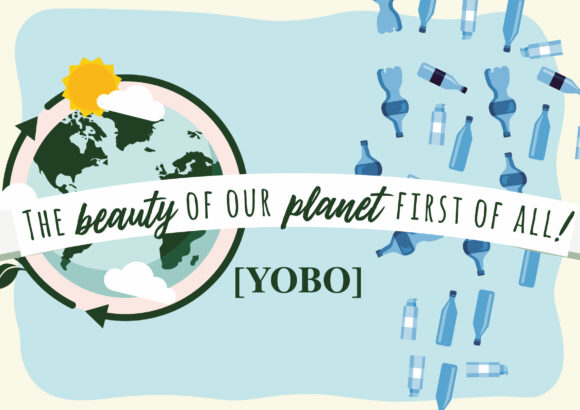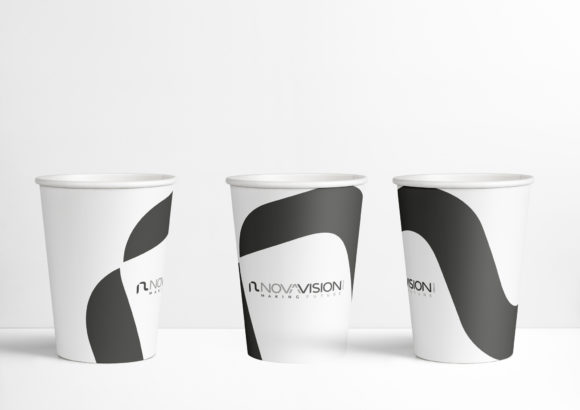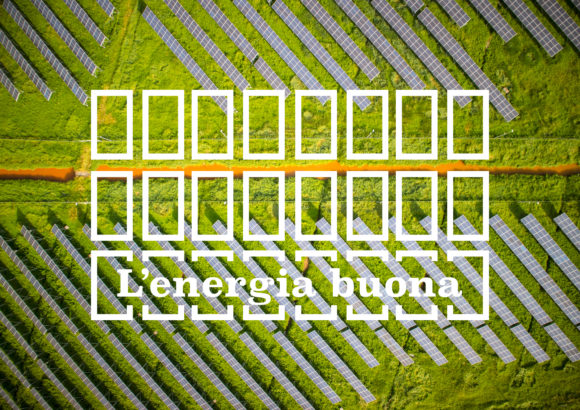Gaia’s Project
«meeting the needs of the present without compromising the ability of future generations to meet their own needs»
According to the report “Our Common Future” (also known as Brundtland report) published by the UN’s World Commission on Environment and Development in 1987, sustainable development works in such a way as to ensure that «it meets the needs of the present without compromising the ability of future generations to meet their own needs».
Gaia, the primordial goddess
Why Gaia?
Gaia is the ancient Greek name of the Earth – not a spectacular planet in the solar system, but a deity, a life-giving woman. Several centuries later, the concept of Earth meant as a single living organism, became once again a topic of discussion in the 1970s: the Gaia Hypothesis assumed that living organisms on Earth interact with the surrounding inorganic components to give life to a complex synergic, self-regulating system which helps maintaining and perpetuating the conditions needed for life on Earth. Today, in 2021, we at Novavision have decided to associate our sustainability project first to that mythological figure, and then to that perfect life balance. Gaia is therefore the name we have chosen for our path towards sustainable development – projects and partnerships aiming at ensuring that our company meets its needs without compromising the ability of future generations to meet their own needs.
ISO 14001
ISO 14001 is an international standard that we CHOSE TO FOLLOW, which specifies the requirements of our environmental management system.
Novavision is compliant with ISO 14001, meaning that:
-
Figures
We have analysed the figures and percentages related to our emissions and to how we use resources
-
Company Policy
Based on this study, we have defined a company policy, both internal and external, whose results are described in this portal
-
The Deming cycle
and, most importantly, we keep defining, applying and carrying out the activities, procedures and registrations envisaged by the 14001 requirements on a day-to-day basis, following the PDCA model (Plan-Do-Check-Act, also known an Deming cycle) which ISO14001 draws inspiration from.
-
Legislative Framework
We have studied the legislative framework and the prescriptions we could apply to our production and, most importantly, we have carefully assessed the impact that our work was having on the planet.





